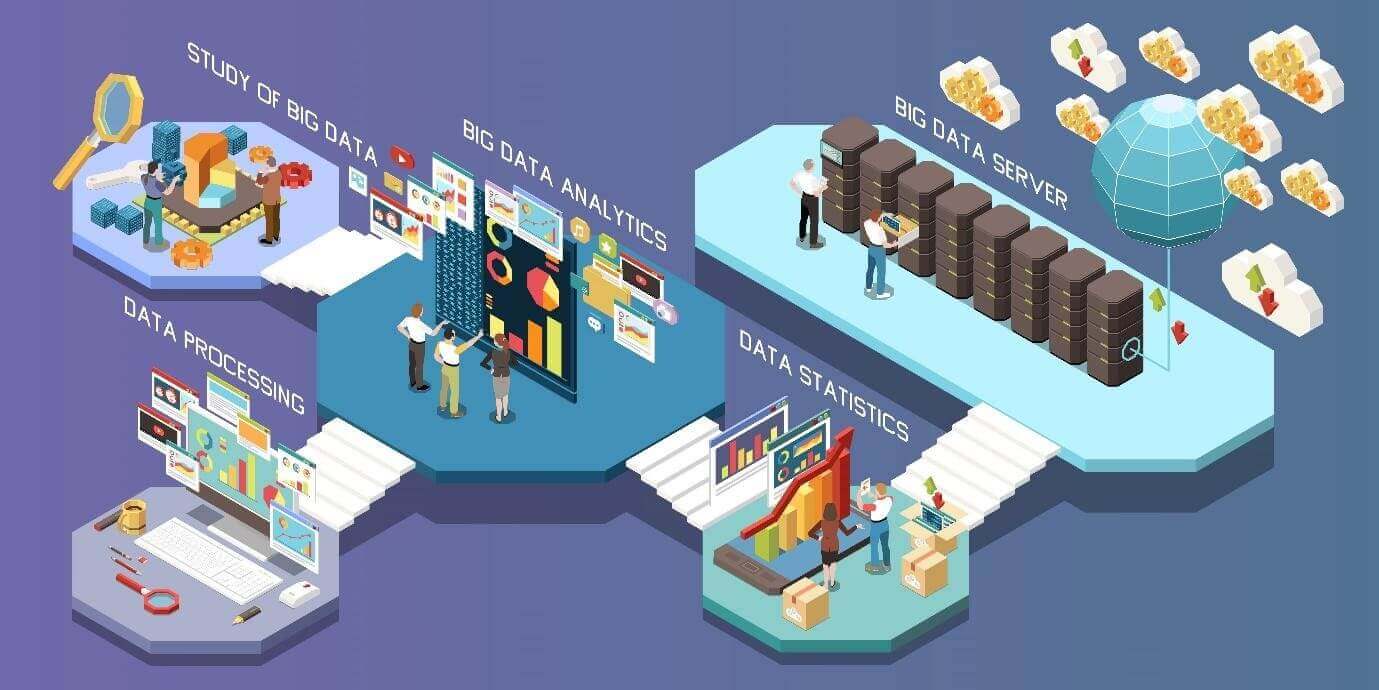“Data is the new oil.” – Clive Humby.
Like oil, if the data available is not refined correctly, it is of no use to anyone. That is why it is essential to manage data and turn it into meaningful information to make sense. Over a while, new technology has made it much easier to use data in numerous ways. In this topic, we will discuss the role of technology in Data Management and how it has helped organizations use this “new world oil”. It is no surprise that most jobs in the modern world require proficiency in tools like SQL, MS Excess, Oracle, to name a few, and technology has played a crucial part in this. There is an increasing requirement for individuals who acquire specialized skills in Data Management. These skills can help in the growth of a business, exploring new opportunities on the market, and ensuring smooth functioning. Let’s get into what Data Management is and how technology became related to this subject.
online pharmacy purchase clomiphene online best drugstore for you
What is data management?
The process of collecting, managing, and converting any set of information into well-structured data is vital for any organisation. This practice is often known as Data Management. Good data management is key to a successful business. As mentioned, a well-implemented data management practice can improve the operation of any organization. The introduction of technology in Data management has helped in processing and interpreting data efficiently.
How technology has advanced in Data Management
In the last few decades, one performed data management manually rather than entirely relying on computers. The computers understood the binary language only, and it was challenging to feed data to these machines. Over the decades, there has been an improvement in the field of Data Management technology. Here is a brief of some of the defining moments in the Data Management history.
- The 1960s – Mainframe based hierarchical databases in which data is used in a tree-like structure
- The 1980s – Data warehouse concept was introduced
- The 2000s – Rise in the relational database software, e.g. rows and columns of a table hold attributes of 1 data point
- 2006 – NoSQL databases became available
Impact of Technology in Good Data Management System
● Simplified Data Management
With the introduction of technology, organizations can now store and manage a massive amount of data. Every day there are millions of ongoing transactions in the online space, and because of technological advancement, it is possible to manage and store them securely efficiently. Data management is now much quicker and smoother than ever before. Every second saved has only helped an organization to achieve further heights.
● Improved Organisational Consistency
It is essential to keep in mind that any set of data that is not organized correctly can only result in chaos and confusion. Especially for an organization that operates with a massive volume of data. A well-designed data management program results in planning and strategizing the goals. With proper data management, the organization can work with consistency. The advancement in technology has only made Data management simpler for Data Experts and Analysts.
● Secured Storage of Information
A strong and precise data management system makes sure that the data collected is secured and stored in an ordered manner to be accessed later with ease. Cloud storage has allowed the storage of a larger pool of data with the help of online servers. It has also significantly reduced the risk of losing data because of features like Backup and Encryption. It is also advised to keep your data stored in a secondary storage source if the primary source is not accessible.
● Rise in Jobs and Opportunities for Data Management Roles
In this digital era, data and information have become a vital aspect of any organization’s functioning. Thus, every organization requires certain people with specific skill sets to manage this valuable asset. There is a rapid increase in job opportunities in data management and related fields, and it is encouraging to see many opting for it as a career option. There are many business schools and institutes that provide courses related to data management. A degree in Data management can open doors for positions such as Data Engineer, Business Analyst, Data Architect, Analytics Engineer, depending upon the field of expertise.
● Increased Productivity and Better Business Decisions
Data management can help in making a more informed and quicker decision. When data is available in an organized manner, it becomes easier to focus on your goals. Decision-making is improved, and it can lead to a decrease in overall cost, increase in revenue and profits. Extracting and analyzing a large pool of data can help tap a potential market section that was not explored before.
Failure Resulting from Poor Data Management System
As mentioned earlier, the volume of data available is constantly expanding. The amount of information available is much more than any organization can handle. Thus, it becomes essential to extract relevant data to be used by the organization for its growth. That’s where Data management comes in. However, the inability to use data management properly can result in impaired functioning. As a result, it can impact the company’s performance and eventually lead to its shutting. The following points below explain why poor Data Management affects the operation of the organization.
● Wastage of Resources
There is no doubt that data and information are the first steps for every decision-making process. If data management is not done correctly, it can hurt an organization in the short and long run. If the first step in not in the right direction and the decisions are made based on the poorly extracted information, it can hinder the organization from working to its full potential.
● Risk of Theft and Loss of data
There is always a threat of losing valuable data. If the technology is not used properly, it can always have its consequences. Keeping your data safe is very important since it is one of this century’s most valued assets. Losing your data to a technical glitch or theft is a sign of poor data management, which can eventually lead to a company’s failure.
online pharmacy purchase azithromycin online best drugstore for you
Incompetency in securing or saving important information is a result of bad data management practices.
● Decrease in Productivity
Without technology, every individual will have to go through each data set manually. Similarly, not utilizing the potential of advanced technology can result in the same situation, and you might have to extract data yourself to turn it into relevant information. This process is time-consuming and tiring at the same time. It can only lead to decreased productivity.
online pharmacy purchase stromectol online best drugstore for you
● Missed Opportunities
Missing out on the opportunities of data management technology can draw you behind from your competition. Nowadays, data is readily available in the market, and whosoever can use it to its full potential to stay ahead of others. You might miss many opportunities just because you were not able to stay updated with the latest technology…

Conclusion
It is becoming very crucial to stay updated with rapidly changing technological shifts. And there is no excuse or substitute for the data management process. Therefore, organizations need to look for skilled individuals who have expertise in data management. Data Management itself does not define the success of any business. It is very much relevant for the growth and governance of the company. The managers and leaders in the data analytics field have to keep updated with the latest technical developments. The newest technology has assisted the organization with accurate and refined data. In the future, it is only going to make our duties much more comfortable.


